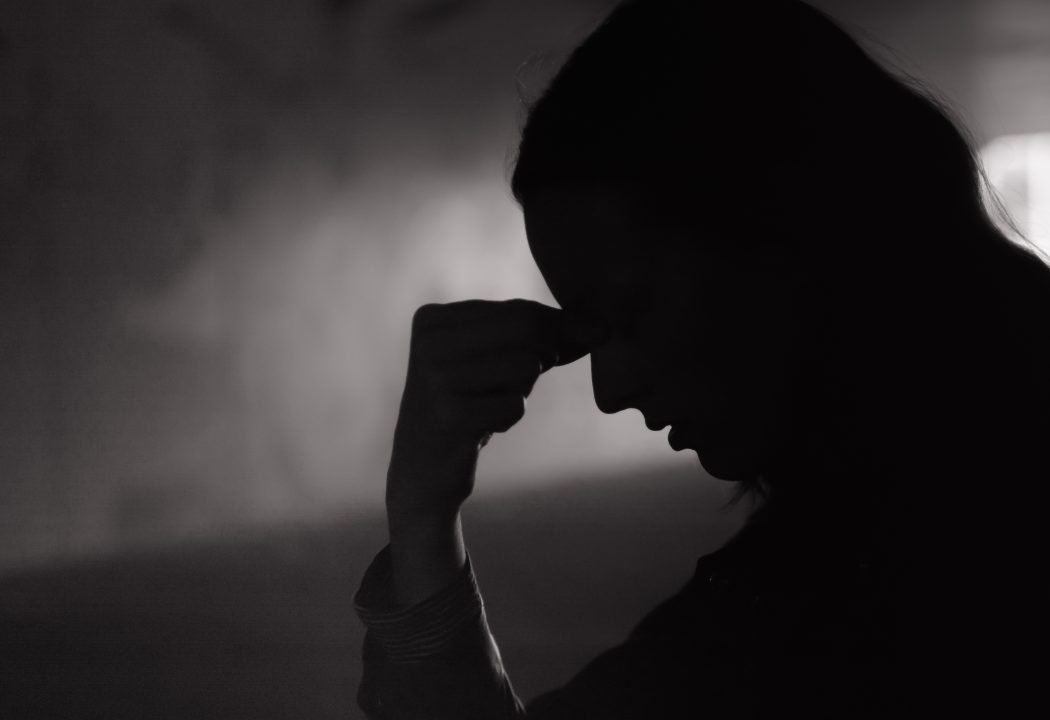A survivor of rape has said the reason she is alive is thanks to the work of a Scottish charity that faces being decimated by funding cuts.
Rape Crisis Scotland has warned that money to reduce waiting lists will run out in March and 28 jobs could be lost.
STV News spoke to a woman who relied on the service after she was attacked.
The survivor, who wishes to remain anonymous, said the ordeal she went through left her feeling so isolated that she felt she had to put on a brave face to her friends and family.
She said: “It’s quite difficult to navigate emotions after that happens to you – in a way you can present as quite emotionless.
“I found that when I was alone I’d be breaking down and crying and quite upset but when I was with other people I was putting a face on it”
She told STV news that the support she received from Rape Crisis support workers was literally life-saving.
“When it first happened to be completely honest my first reaction was to give up,” she said.
“I didn’t think there was any point and I could see in the media and amongst people I knew that these cases don’t go anywhere, nothing happens to them and that guy will go the rest of his life totally free and I’d be left with all this guilt and this awful feeling.
“So to have that kind of validation and support literally changed my life and is the reason I am here today.”
But looming cuts mean there are fears for those services. In 2021, the Scottish Government granted temporary funds to tackle waiting lists across Scotland – that’s due to expire in March next year, meaning 28 jobs are at risk.
Sandy Brindley, chief executive of Rape Crisis Scotland, said: “We hear again and again from survivors just how valuable support services were to them when they needed them. It’s essential that when survivors do reach out for support, that support is available to them.
“When Rape Crisis services aren’t able to offer immediate support, this can have a knock-on effect on NHS and other public services.
“We hear a lot of welcome words from politicians and decision makers about how valuable our services are. We need to see those words being matched with meaningful, long-term funding so that staff and survivors can be assured that we can continue to deliver these services for years to come.”
Statistics show that 15,000 sexual crimes were reported to police up until June of this year, but it’s estimated many more go unreported.
Services across the country have seen demand increase while they face rising costs and uncertainty over funing.
Lisa Ward, manager of The Compass Centre in Shetland, said: “Since the first year of the service in 2016/17, the number of Shetlanders accessing specialist support at the Centre has increased by over 90%, and these survivors speak of the life-saving necessity of help they have received.
“Real cultural change has begun in the Isles, with grass-roots campaigns telling the stories of Shetlanders who have experienced sexual harm and violence in our communities.
“A loss of funding for Rape Crisis services across Scotland will have real and devastating effects for survivors, and particularly for those who are the most marginalised. The value of a space that enables the often-unheard stories of survivors to be voiced and understood; that provides quality-assured professional services that prioritise safety and empowerment; and that is at the core of multi-agency efforts to tackle sexual violence in our communities, cannot be overstated.
Ms War said a commitment to sustainable funding is vital for a “Scotland that is safe for all its citizens”.
Jan Swan, CEO of the Fife Rape and Sexual Abuse Centre, said its waiting list was eight months long before receiving the additional money from the Scottish Government,
“On many occasions, by the time we contacted survivors to offer an appointment, we had lost them – not because they had recovered from their traumatic experience but to other coping strategies like drugs, alcohol,” she told STV News.
“Sometimes their mental health had deteriorated, some had been hospitalised and, on some occasions, some survivors had died by suicide.
“Accident and emergency, GPs, police, and social work services end up having to make interventions that could have been prevented.
“People can’t wait eight months for help and support. This does not only have an impact on the survivors directly but on their partners, children, employers, friends and family, and on our whole community.”
The Scottish Government said Rape Crisis Scotland and other frontline services are “crucial” and that it was investing record levels of funding to support them.
A spokesperson said: “This includes more than £3m to Rape Crisis Scotland from the £19m annual funding we provide to support 121 projects aimed at preventing and eradicating violence against women and girls, focusing on early intervention, prevention, and support services.
“We also continue to focus on our Equally Safe strategy, jointly owned with COSLA (Convention of Scottish Local Authorities), aimed at preventing and eradicating violence against women and girls, focused on early intervention, prevention and support services.”
Help and support is available now if you need it. Details of services available can be found at stv.tv/advice
The Samaritans can be contacted any time, from any phone, free on 116 123, email at jo@samaritans.org, or visit samaritans.org to find your nearest branch. Details of other services and more information can be found on the NHS website here.
Follow STV News on WhatsApp
Scan the QR code on your mobile device for all the latest news from around the country





























